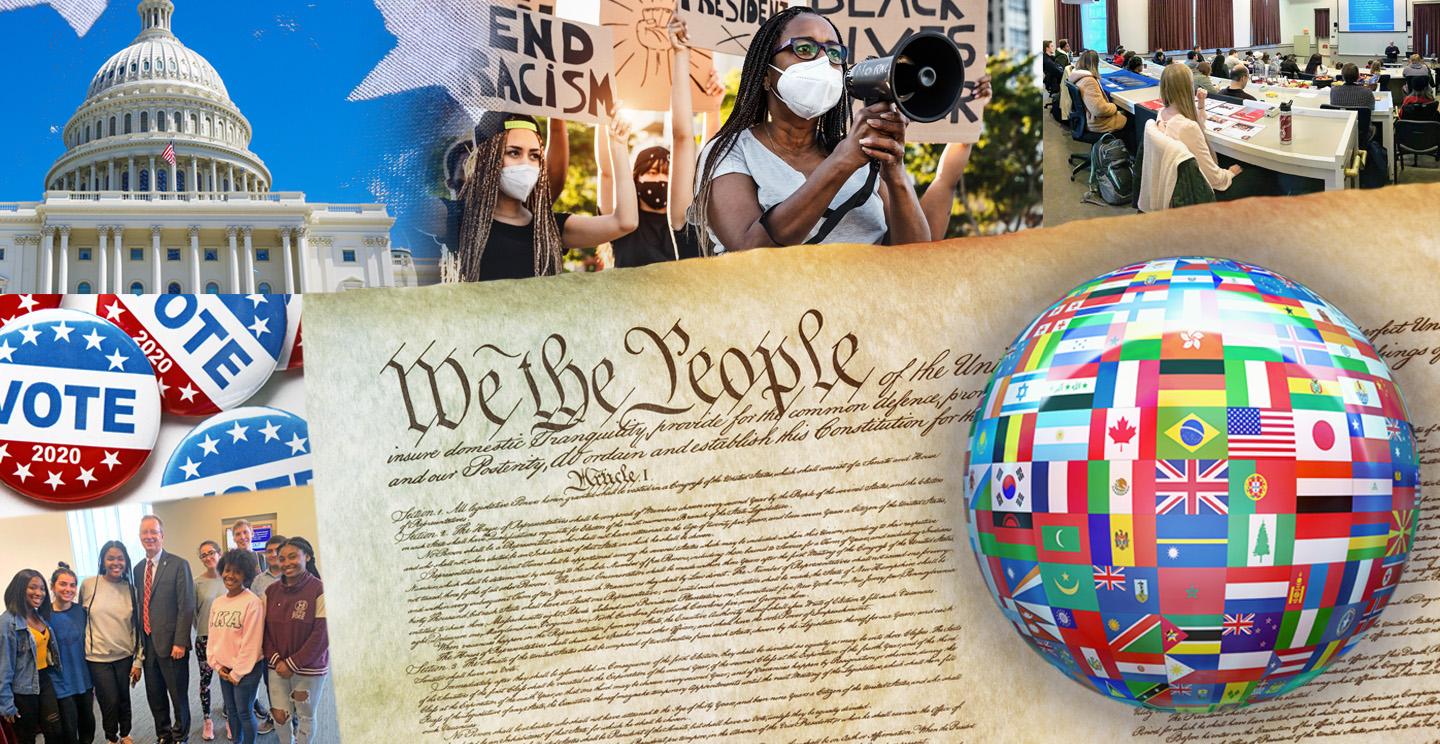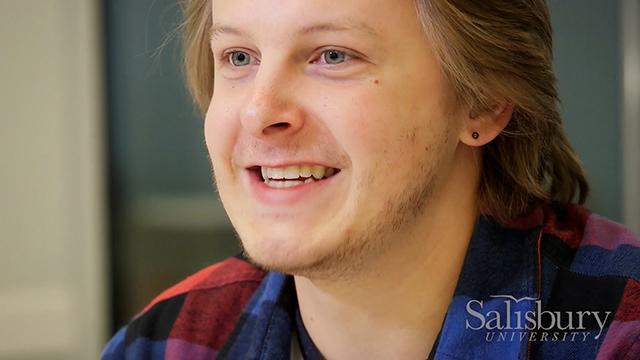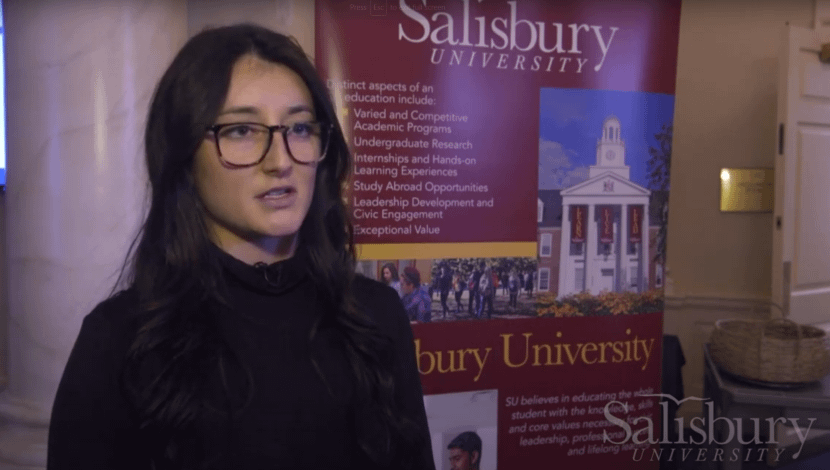

Political Science Department
Politics is about power and conflict. It is also about coming together to advance common interests. At its best form, politics is democratic in the broadest possible sense.
The mission of the Political Science Department is to empower students to think critically about politics - at the local, national, and international levels —and to act effectively through the democratic process.
Ask the Fundamental Questions
- What is political power? What legitimizes that power? What delegitimizes it?
- What is democracy and how is it linked to equality, justice, and freedom?
- Why do some have political power, but others lack it?
- What are the causes and effects of inequality (defined by class, gender, and race)? How do different dimensions of inequality intersect?
- What is the state of U.S. democracy? Should we be worried about democratic backsliding?
- How do other countries govern their citizens? What do those countries have to teach the U.S.?
- Why are some countries rich but others poor? Why are some democratic but others authoritarian?
- What causes war? Is war the continuation of politics by other means or the failure of politics?
- How does world order emerge in the absence of world government?
To explore these questions, faculty in the Political Science Department take an innovative, interactive approach to teaching. They use debates, games, simulations, civic engagement, and dynamic discussions to bring the course material to life.
Meet the Political Science Department faculty and staff.
-
 Political Science Department Annual Report
Political Science Department Annual Report
View the Report (PDF)
Our Academic Programs
Learn more about the programs offered by our department:
- Political Science major with a traditional major and a track in:
- Applied Politics
- International Studies major
- Political Science minor
- International Studies minor
- Law, Justice and Advocacy minor
- Middle East Studies minor
What we do in our political science classes is create a scaffolding or a framework to think about the world.
Political Science Internships Lead to Legislative Jobs
For recent SU graduates Rylie Shewbridge ’16 and Nadia Williams ’19, their internships as political science majors helped them gain experience and make connections in Maryland’s state capital. Both landed jobs with government officials once they graduated. Learn more about SU’s political science program and internship opportunities with the Maryland General Assembly.

